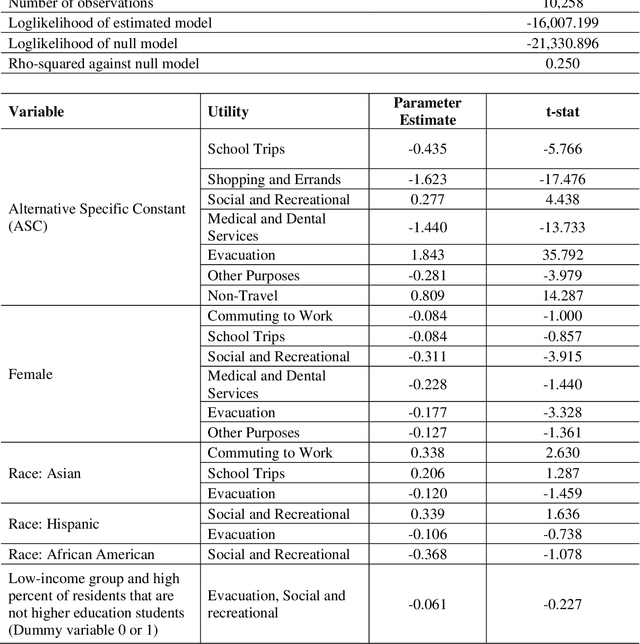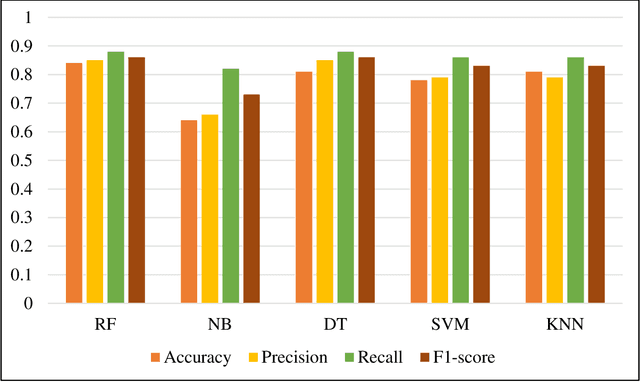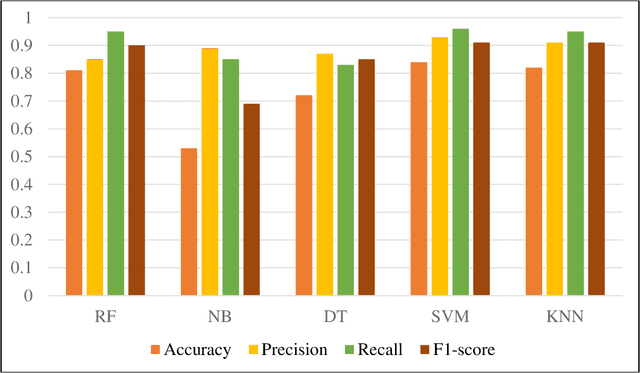Community-based Behavioral Understanding of Crisis Activity Concerns using Social Media Data: A Study on the 2023 Canadian Wildfires in New York City
Paper and Code
Jan 22, 2024



New York City (NYC) topped the global chart for the worst air pollution in June 2023, owing to the wildfire smoke drifting in from Canada. This unprecedented situation caused significant travel disruptions and shifts in traditional activity patterns of NYC residents. This study utilized large-scale social media data to study different crisis activity concerns (i.e., evacuation, staying indoors, shopping, and recreational activities among others) in the emergence of the 2023 Canadian wildfire smoke in NYC. In this regard, one week (June 02 through June 09, 2023) geotagged Twitter data from NYC were retrieved and used in the analysis. The tweets were processed using advanced text classification techniques and later integrated with national databases such as Social Security Administration data, Census, and American Community Survey. Finally, a model has been developed to make community inferences of different activity concerns in a major wildfire. The findings suggest, during wildfires, females are less likely to engage in discussions about evacuation, trips for medical, social, or recreational purposes, and commuting for work, likely influenced by workplaces maintaining operations despite poor air quality. There were also racial disparities in these discussions, with Asians being more likely than Hispanics to discuss evacuation and work commute, and African Americans being less likely to discuss social and recreational activities. Additionally, individuals from low-income neighborhoods and non-higher education students expressed fewer concerns about evacuation. This study provides valuable insights for policymakers, emergency planners, and public health officials, aiding them in formulating targeted communication strategies and equitable emergency response plans.
 Add to Chrome
Add to Chrome Add to Firefox
Add to Firefox Add to Edge
Add to Edge